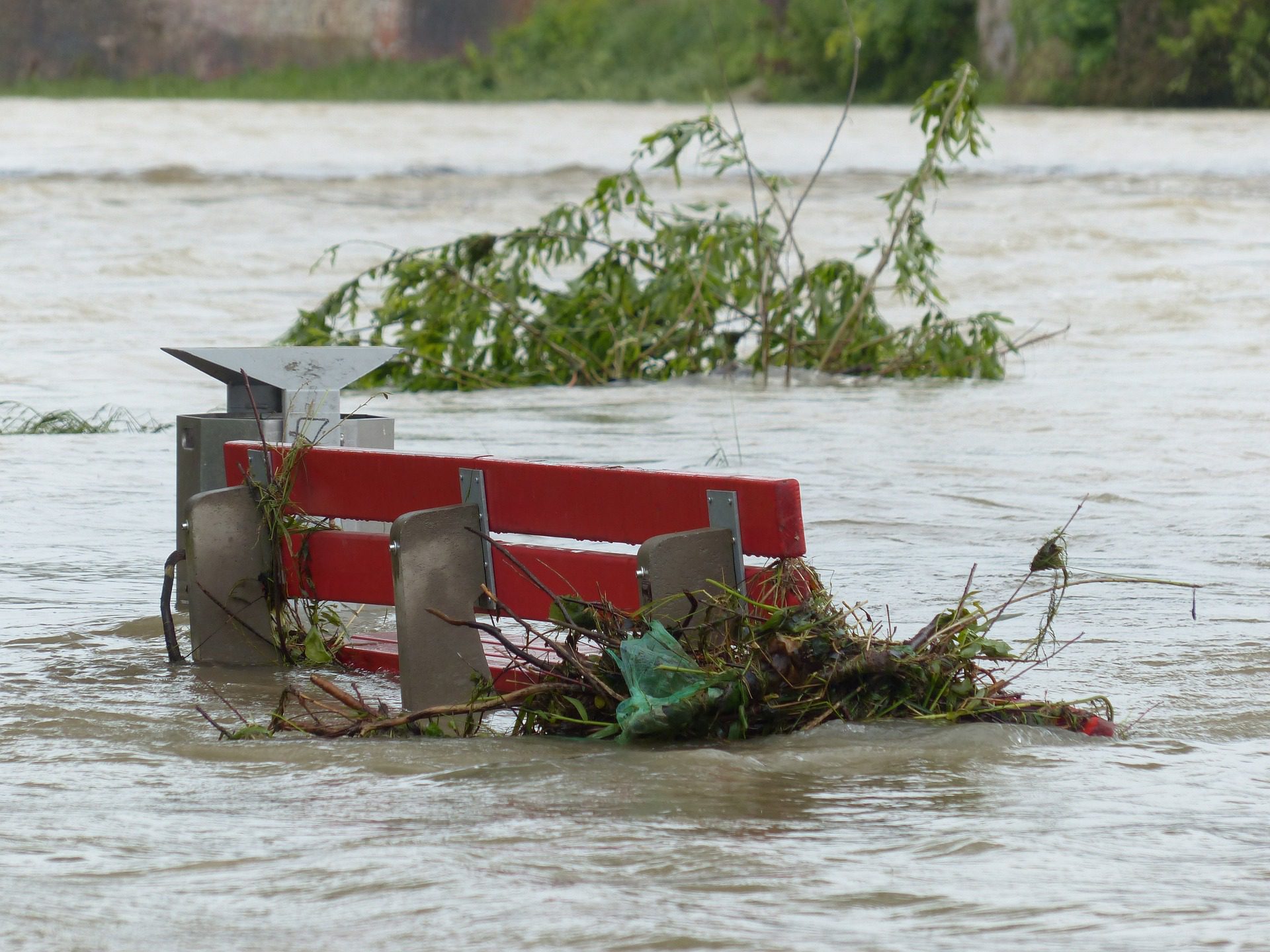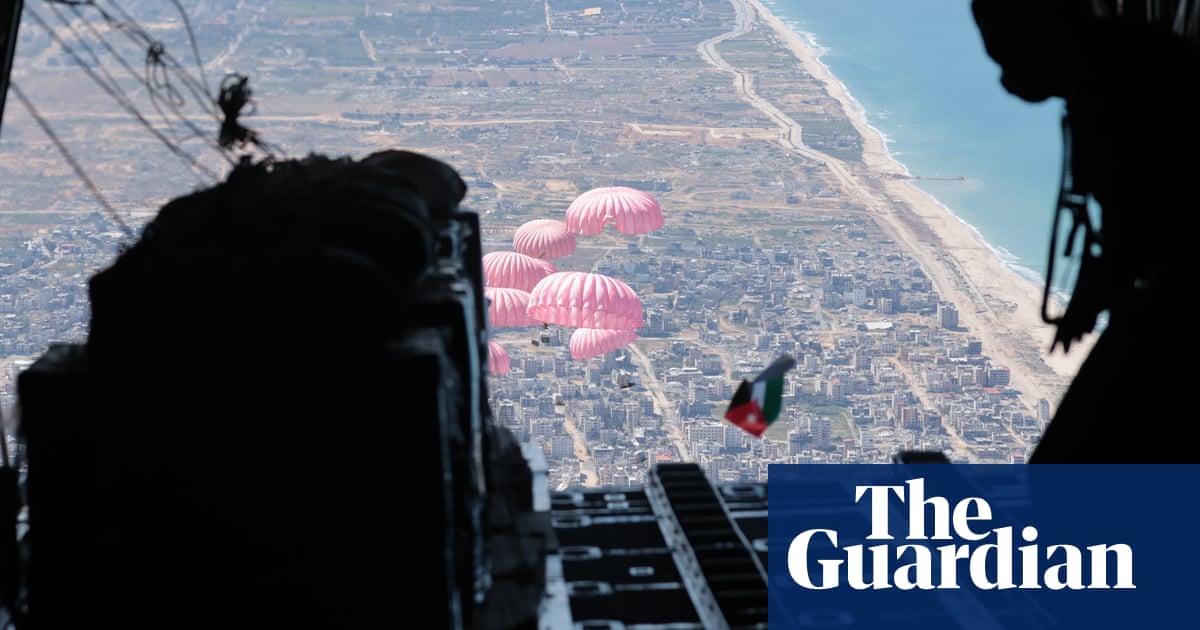
LONDON (Reuters Breakingviews) - It’s widely accepted that mankind has had a massive impact on the planet. What’s less often acknowledged is that the damage is basically irreversible. Humans can only try to limit or correct the consequences of their 10,000-year-long assault on nature. But wilfully trying to shape the environment poses a new dilemma: how far should we go?
That’s the central question Elizabeth Kolbert tackles in “Under a White Sky: The Nature of the Future”. A writer for The New Yorker magazine, Kolbert has a flair for exploring bleak environmental challenges in a humane and accessible way. A decade and a half ago she laid out the causes and consequences of global warming in “Field Notes from a Catastrophe”. “The Sixth Extinction”, which appeared in 2014, chronicled the man-made annihilation of a large chunk of the planet’s animal and plant species.
Confronted with this devastation, a motley band of scientists, academics and environmentalists are trying hard to defend what’s left. Kolbert visits a team near Australia’s Great Barrier Reef breeding hardier varieties of coral which might be able to survive in warming oceans. Then there are the ecologists going to extraordinary lengths to preserve the Devils Hole pupfish, which exists only in a cavern in Nevada.
Others are grappling with the consequences of past actions. Take the Asian carp, which was brought to the United States in the 1960s in the hope it would help control weeds and algae. But the fish was too successful, overpowering most of the native species. So humans are now taking extreme measures to stop them from spreading further, including constructing an expensive electronic barrier across the Chicago River.
These vignettes illuminate Kolbert’s broader point: mankind has already changed almost every aspect of the environment and there’s no going back. The only question is what kind of changes it will make next, and what consequences they may have. “The issue, at this point, is not whether we’re going to alter nature, but to what end?” she writes.
Scientific advances make these questions ever more urgent. Kolbert visits a lab near Melbourne where researchers have genetically engineered a less dangerous version of the cane toad, which has hopped uncontrollably across Australia since it was introduced in the 1930s. Others are experimenting with changes that could control the spread of mice and rats. The ability to tweak genes gives humans a god-like control over nature, with all the associated consequences – both intentional and accidental.
Which brings us back to the challenge of global warming. In November, world leaders will gather in Glasgow for the 26th United Nations Climate Change Conference. Politicians, business leaders, financiers and regulators are urgently debating the best way to eliminate emissions of carbon dioxide by 2050, or earlier. But it’s probably no longer enough to just stop producing greenhouse gases. To limit warming to 1.5 degrees Celsius compared with pre-industrial levels, mankind will have to remove some existing gases from the atmosphere. Kolbert visits a facility in Iceland which combines carbon dioxide with water and injects it deep underground, where it reacts with volcanic rock. It’s an extremely expensive and energy-intensive process. But it may be part of the solution.
The book ends with an even more outlandish idea: scattering reflective particles in the stratosphere to reflect sunlight, mimicking the climate-cooling effects of large volcanic explosions. This far-reaching but technologically feasible move would probably change the appearance of the atmosphere, producing the white sky of the book’s title.
A recurring message of Kolbert’s work is that all major advances in human civilisation have taken place during the past 10,000 or so years, when the earth’s climate was unusually stable. It’s an open question what level of human life the planet could support if temperature changes become more extreme, as they were in the distant past. Mankind is largely responsible for upsetting this delicate balance, and has also acquired the power to attempt to correct it. Doing so will involve huge risks. But we may no longer have a choice.












